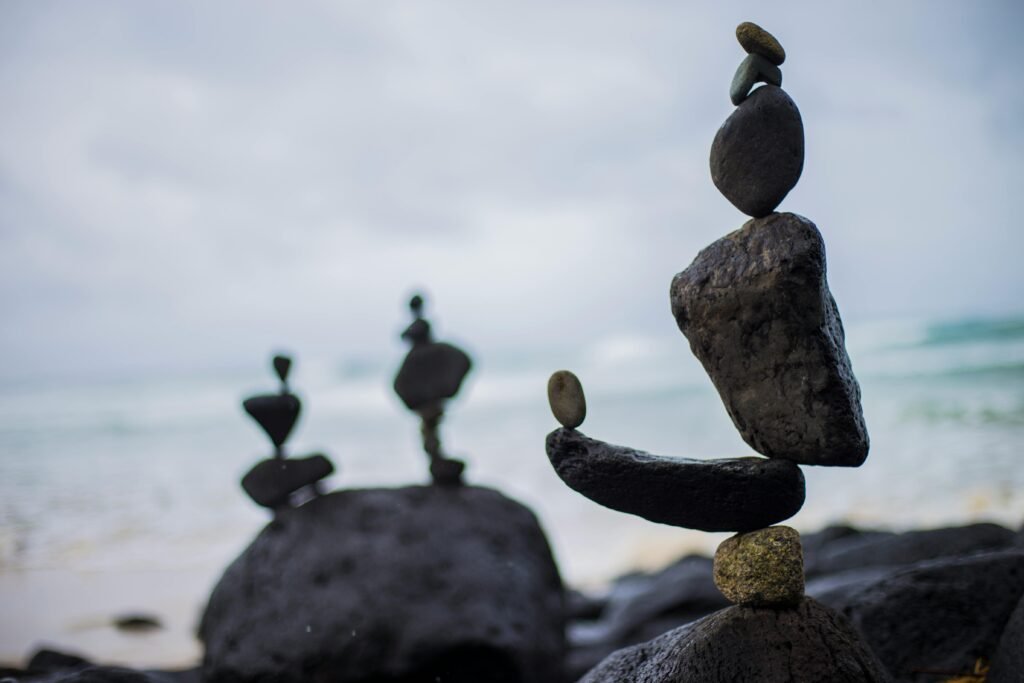Title: Finding Light in the Darkness: How to Stay Positive While Living with Chronic Pain
I thought my battle was over. After winning a 43-year battle with depression, I hoped the worst was behind me. However, I forgot about my age. Earlier this year, I was diagnosed with something that my 82-year-old Father-In-Law was diagnosed with, and had surgery for last year; Spinal Stenosis.
I am no spring chicken, but I hoped I would have another 40 years before something like this hit me. To say the least, it has been painful, and even more so with dealing with our healthcare system (In my opinion, health care should not be a private, for-profit entity).
Nonetheless, I find ways to manage the pain, and to be mindful on not letting the pain sour my mood, or end any of my projects. One thing I have learned from life, is that if the road is blocked, there always is a way around–if we are willing to find it.
I refuse to be defeated by another ailment, so I am mindful to remain positive, motivated, and to live the best that I can until I can have spinal decompression surgery. I will admit, it has been challenging, and at times, the pain does sour my mood.
The Storm of Chronic Pain
Living with chronic pain can feel like navigating a never-ending storm. The physical discomfort, emotional toll, and constant adjustments to daily life can make it difficult to stay positive. But even in the midst of this struggle, there is hope. By adopting specific strategies and shifting your mindset, you can find moments of joy, peace, and resilience.
In this blog post, we’ll explore compassionate, actionable ways I have learned about how to stay positive while living with chronic pain. These tips are designed to help you feel supported, empowered, and less alone on your journey.
- Acknowledge Your Feelings Without Judgment
Chronic pain often comes with a whirlwind of emotions—frustration, anger, sadness, and even guilt. It’s okay to feel this way. Allow yourself to acknowledge these emotions without judgment. Journaling or speaking with a trusted friend or therapist can help you process your feelings and release some of the emotional weight.
Remember: You are not your pain. Your emotions are valid, and they don’t define your strength or worth. - Celebrate Small Wins
When every day feels like a battle, it’s important to celebrate even the smallest victories. Did you manage to take a short walk? Cook a meal? Or simply get out of bed? These are all achievements worth acknowledging.
Keeping a “gratitude journal” can help you focus on these small wins. Writing down one thing you’re grateful for each day can shift your perspective and remind you of the good that still exists in your life. - Connect with Others Who Understand
Isolation can amplify the challenges of chronic pain. Finding a support group—whether online or in person—can make a world of difference. Connecting with others who truly understand your experience can provide comfort, validation, and practical advice.
Platforms like Facebook groups, Reddit communities, or local organizations often host chronic pain support groups. You don’t have to face this journey alone. - Practice Self-Compassion
Chronic pain can make it easy to be hard on yourself. You might feel like you’re not doing enough or that you’re falling short in some way. But this is the time to be kind to yourself.
Treat yourself with the same compassion you’d offer a loved one. Remind yourself that you’re doing the best you can, and that’s enough. Self-compassion can be a powerful tool in maintaining a positive mindset. - Focus on What You Can Do
It’s natural to grieve the things chronic pain has taken from you. But try to shift your focus to what you can do. Maybe you can’t run a marathon, but you can enjoy a gentle yoga session or listen to an inspiring podcast.
Finding new hobbies or adapting old ones can help you reclaim a sense of purpose and joy. Whether it’s painting, writing, or gardening, explore activities that bring you fulfillment. - Incorporate Mindfulness and Relaxation Techniques
Mindfulness practices, such as meditation or deep breathing, can help you stay grounded and reduce stress. These techniques don’t eliminate pain, but they can change your relationship with it.
Apps like Calm or Headspace offer guided meditations specifically designed for chronic pain sufferers. Even a few minutes of mindfulness each day can make a difference. - Seek Professional Support
Living with chronic pain is not something you have to endure alone. A pain management specialist, therapist, or counselor can provide valuable tools and support. Cognitive-behavioral therapy (CBT), for example, has been shown to help individuals reframe negative thought patterns and cope more effectively with pain. - Be Patient with Yourself
Staying positive doesn’t mean you have to be happy all the time. It’s about finding moments of light amidst the darkness. Some days will be harder than others, and that’s okay.
Progress isn’t linear, and healing takes time. Be patient with yourself and remember that it’s okay to have “off” days.
Final Thoughts: You Are Stronger Than You Know
Chronic pain may be a part of your life, but it doesn’t have to define it. By implementing these strategies, you can cultivate a sense of positivity, resilience, and hope. Remember, you are not alone in this journey, and there is always light to be found—even on the darkest days.
If you’re struggling, reach out for help. You deserve support, compassion, and a life filled with moments of joy.



